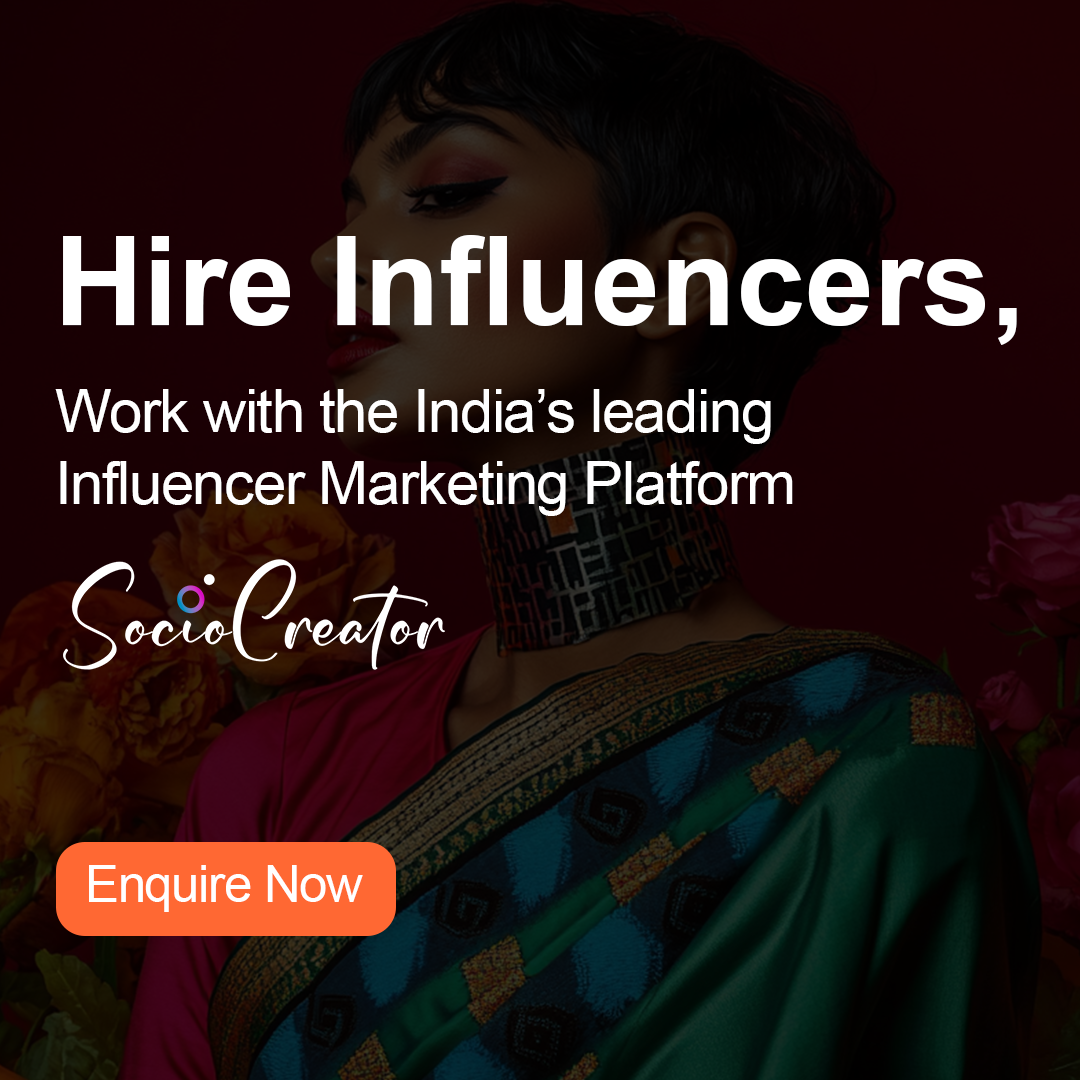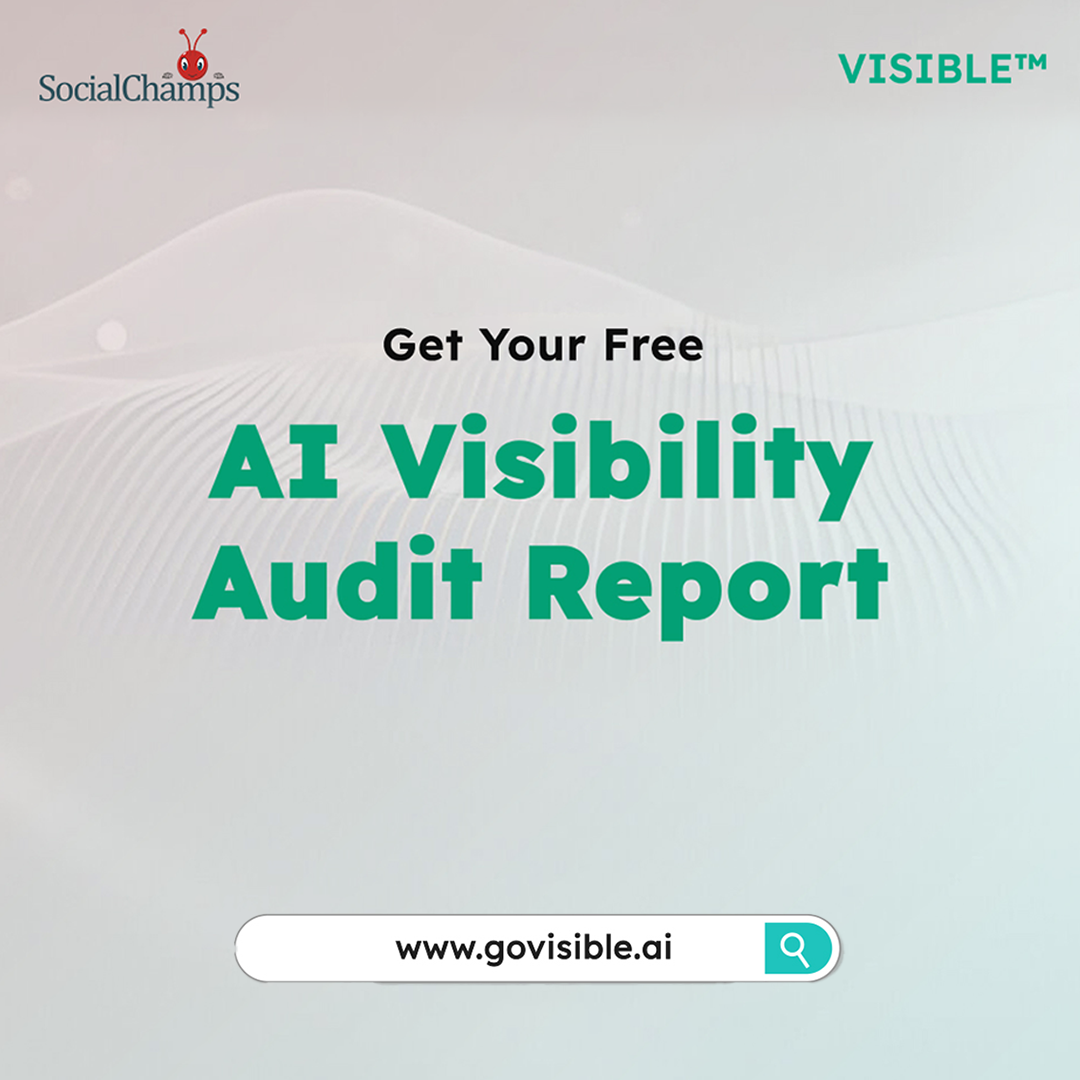As marketing leaders, we stand at the forefront of one of the most transformative shifts our industry has seen—AI disruption. At SocialChamps, our interactions with numerous brands have clearly highlighted that navigating this change requires not only adopting new technologies but fundamentally reshaping how we think, lead, and manage marketing functions.
Understanding the Leadership Mindset Shift Required for AI Adoption
The successful adoption of AI isn’t merely technological—it demands a profound mindset shift:
- Embracing Agility & Experimentation: Leaders must foster a culture where experimenting, iterating, and learning quickly from AI implementations is encouraged and rewarded.
- Comfort with Ambiguity: With AI continually evolving, marketing leaders must develop a tolerance for ambiguity, understanding that clarity often emerges from action rather than waiting for perfect certainty.
- Data-Centric Decision Making: Shifting from intuition-based decisions to those firmly grounded in data insights requires trust in AI-powered analytics.
“Leaders who proactively embrace change and foster innovation-friendly cultures position their teams not just to adapt, but to thrive in AI-driven landscapes.”
Practical Approaches to Overcoming Common AI Adoption Challenges
Implementing AI successfully within marketing teams often encounters several challenges. Here’s how leaders can practically approach these:
| Common Challenges | Practical Approaches |
|---|---|
| Talent and Skill Gaps | Invest in ongoing training programs, workshops, and cross-functional knowledge sharing. |
| Resistance to Change | Implement clear, continuous communication highlighting AI’s benefits and demonstrating quick wins to build confidence. |
| Data Quality & Infrastructure | Prioritize building robust data infrastructure and governance processes to ensure quality inputs for AI models. |
| Ethical & Compliance Issues | Establish clear ethical guidelines and compliance processes for responsible AI usage. |
Benefits and Potential Pitfalls Leaders Must Be Aware Of
AI offers substantial benefits, but it also carries potential pitfalls that marketing leaders must navigate carefully.
Benefits:
- Enhanced Efficiency & Productivity: Automating repetitive tasks frees resources to focus on strategic, creative initiatives.
- Improved Customer Insights: AI-driven analytics offer deeper, predictive insights into customer behaviors, enabling hyper-targeted marketing strategies.
- Greater Agility: Faster decision-making and adaptability in rapidly evolving markets.
Potential Pitfalls:
- Over-reliance on Automation: Risk of losing the personal, human touch crucial to brand authenticity and consumer trust.
- Privacy & Ethical Concerns: Navigating the balance between personalization and user privacy.
- Unrealistic Expectations: AI is powerful, but it’s not infallible. Maintaining realistic, measurable goals is critical.
“In our journey assisting various brands, we’ve observed that clear ethical frameworks and measured integration of AI prevent pitfalls and ensure sustainable benefits.”
Guidelines for Effective AI Adoption
To effectively navigate the AI disruption, marketing leaders should:
- Develop a Clear AI Strategy: Clearly articulate how AI aligns with overall business objectives.
- Lead by Example: Senior leaders should visibly embrace and advocate for AI-driven changes to foster confidence across teams.
- Encourage Continuous Learning: Regularly update skills and knowledge within teams, fostering a culture of continuous education and adaptability.
- Monitor and Iterate: Regularly assess AI’s impact and iterate strategies based on data-driven insights and feedback loops.
Leading the AI-Driven Future of Marketing
The leadership role in the AI-first marketing era is as challenging as it is rewarding. Marketing leaders who embrace this change with agility, clarity, and a strategic mindset will not only survive but thrive, driving unprecedented growth and innovation in their organizations.
“Leadership in an AI-driven world requires vision, adaptability, and a relentless commitment to leveraging technology responsibly and strategically for long-term success.”





0 Comments